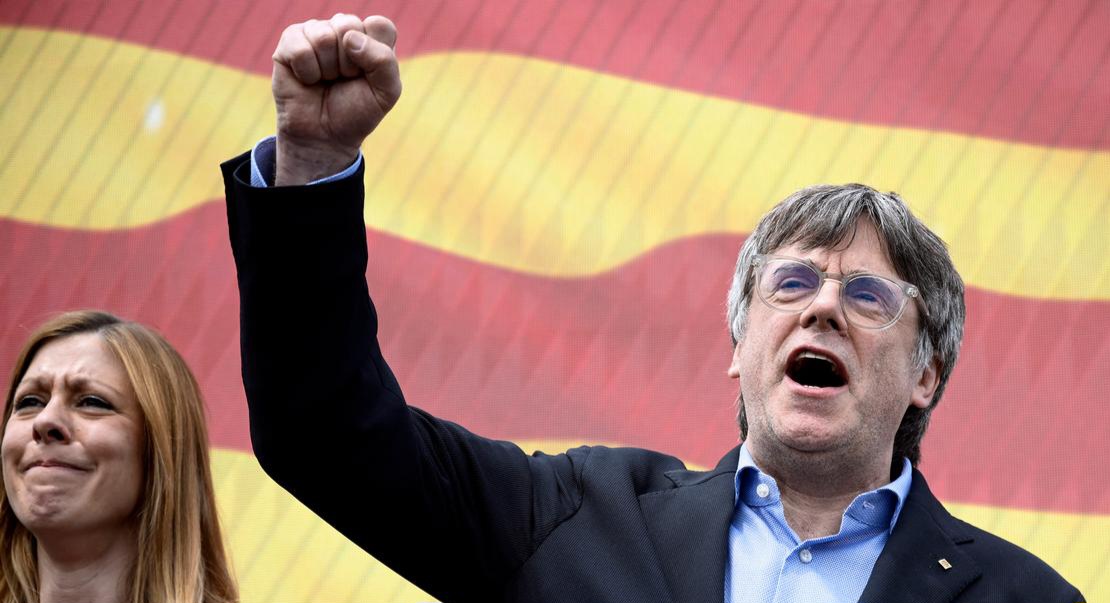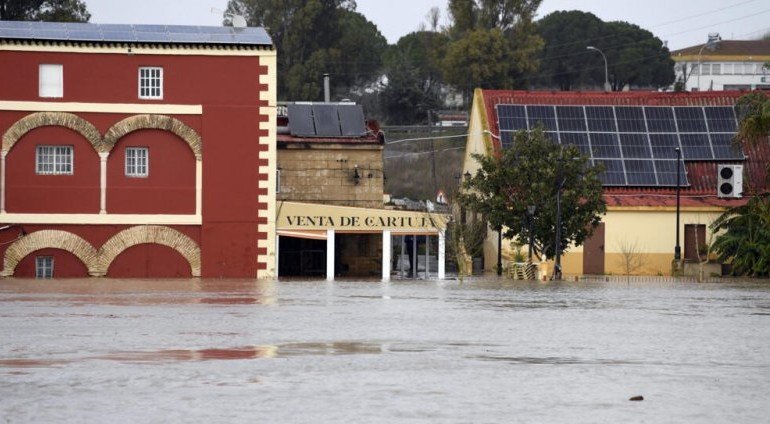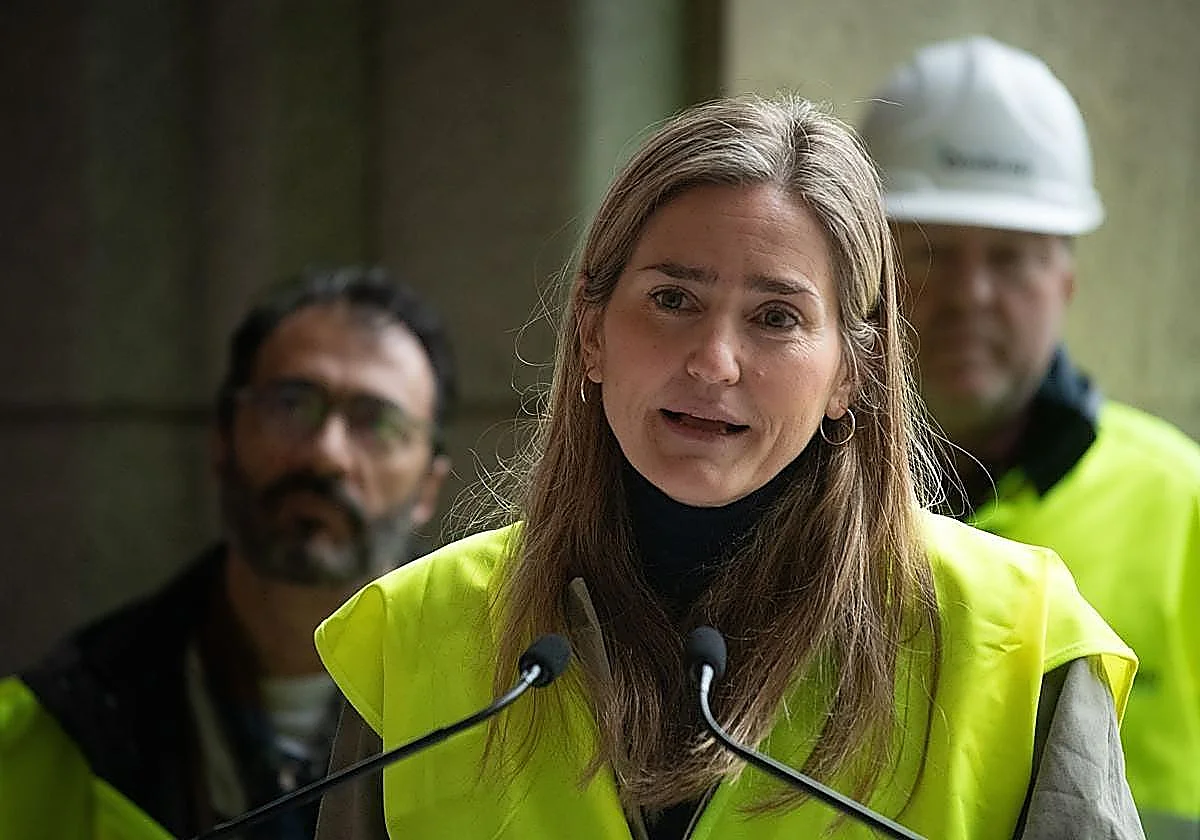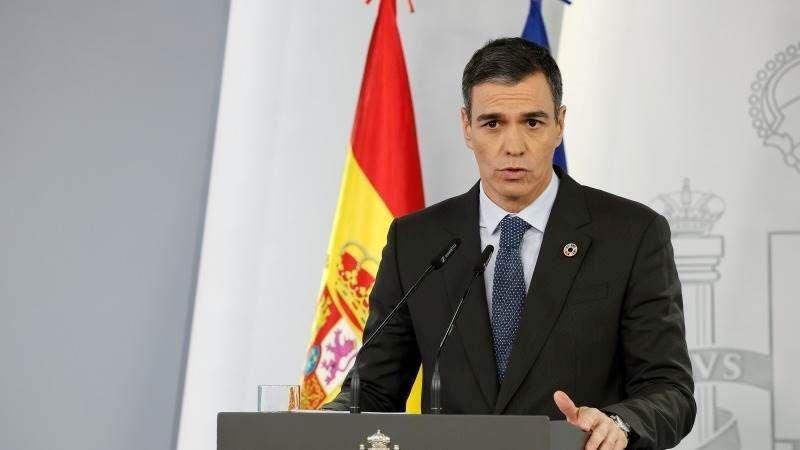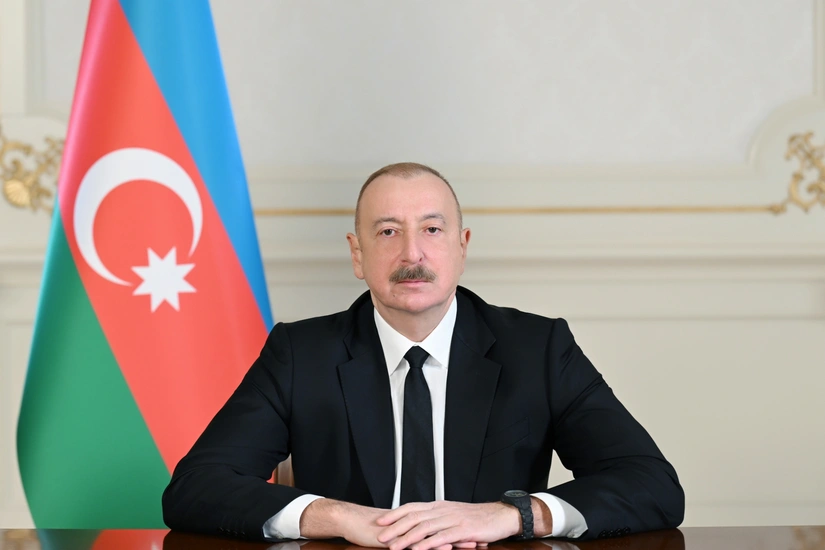Madrid, July 01, 2024, The Europe Today: Spain’s Supreme Court has upheld embezzlement charges against Catalan secessionist leader Carles Puigdemont, effectively overruling an amnesty agreed upon by the country’s politicians. Puigdemont is accused of misappropriating public funds during Catalonia’s 2017 independence referendum, which was declared illegal by the Supreme Court.
Despite Spain’s parliament passing an amnesty bill in May to pardon Catalan separatists, the bill included exceptions for embezzlement. This agreement was essential for Prime Minister Pedro Sanchez to form a government with the support of Catalan parties following an indecisive election.
In a statement, the court confirmed that Judge Pablo Llarena issued an order stating the amnesty does not apply to the crime of misuse of public funds. The court has maintained arrest warrants against Puigdemont, former Catalan Health Minister Antonio Comin, and Culture Deputy Lluis Puig. Judge Llarena argued that their conduct fits within the two exceptions outlined in the amnesty law, as they allegedly obtained financial gain by funding the 2017 referendum with regional treasury money. He added that the referendum’s financial implications could have affected the European Union’s financial interests, damaging Spain’s tax collection and gross national income.
Puigdemont now has three days to lodge an appeal. The Catalan leader fled to Belgium after the 2017 independence bid and currently resides in southern France.
Prime Minister Pedro Sanchez, who took office for a second term late last year, relied on the support of Puigdemont’s Junts party and the separatist Republican Left of Catalonia (ERC) to form a government after a hung parliament resulted from general elections. Following the Spanish parliament’s approval of the amnesty law on May 30, judges were given two months to apply the law, which involves dismissing charges and cancelling arrest warrants against separatists on a case-by-case basis.
The amnesty law has sparked controversy, with many judges opposing it. Spain’s right-wing and far-right opposition have staged months of protests against the law, some of which have turned violent. The issue has caused deep divisions within Spanish society and within Sanchez’s ruling Socialist Party.
